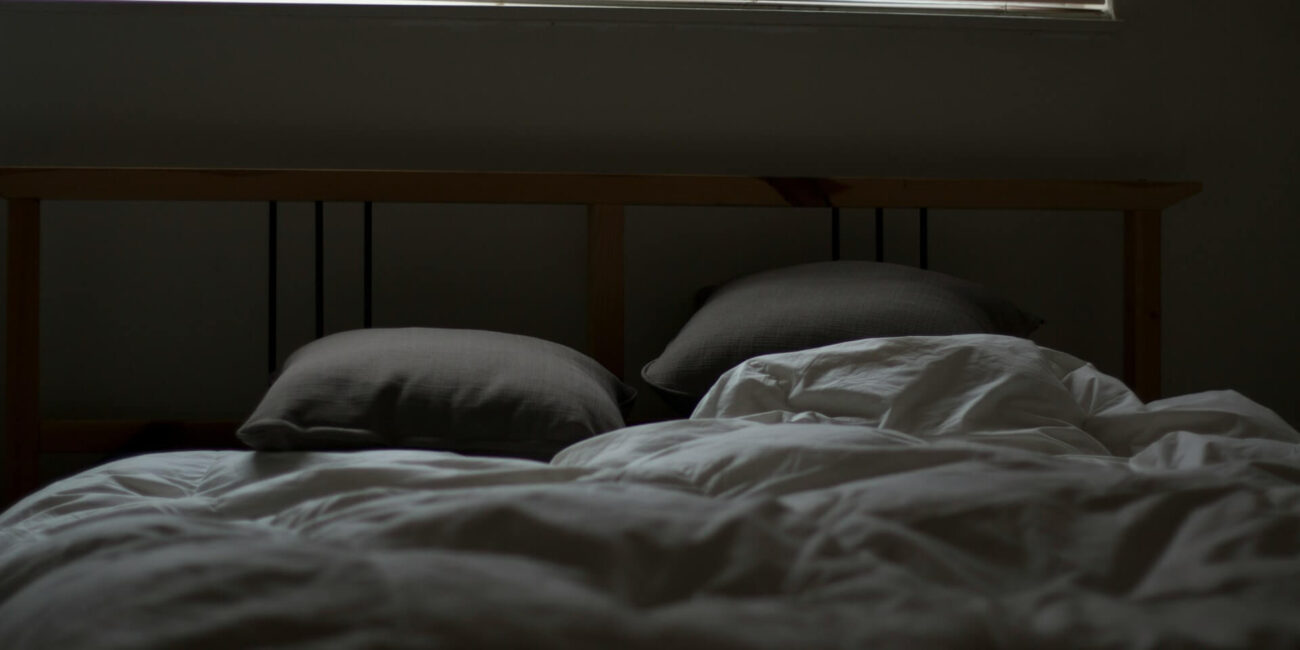We often take it for granted, rarely stopping to consider how profoundly sleep impacts our day-to-day lives. As someone who has battled sleep issues for years, I know firsthand just how devastating a lack of sleep can be.
Exhausted both physically and mentally, everything is a struggle without proper rest. That’s why I’m passionate about demystifying the science behind sleep and sharing practical strategies that work for improving your slumber.
Incorporating relaxation techniques into your nightly routine can significantly enhance the quality of your sleep. One effective method is through massage therapy, which not only alleviates physical tension but also promotes mental calmness.
By understanding how to become a massage therapist, you can deepen your appreciation for this therapeutic approach, allowing for a tailored experience that addresses your individual stress points.
A good massage relaxes the muscles and enhances blood circulation, making it easier to unwind before bed. As you explore this avenue, consider various techniques that can be applied at home, or seek professional help to transform your sleep environment into a haven of relaxation.
The Architecture of Sleep
Before we delve into the strategies for enhancing our sleep quality, it’s crucial to grasp the intricate process that unfolds each night.
Sleep, a vital aspect of our well-being, is typically categorized into five stages: wakefulness, light sleep, deep sleep, REM sleep, and the final stage of dreaming. Understanding these stages can empower us to make informed decisions regarding our sleep habits and overall health.
Circadian Rhythms: Your Body’s Internal Clock
The body follows a natural rhythm that influences sleep, appetite, and even mood. This rhythm, known as the circadian cycle, is roughly a 24-hour pattern that is mainly influenced by light and darkness.
Disruptions to the circadian rhythm can result in sleep disorders and a general feeling of malaise. To harmonize with this internal clock, one must:
The Enemies of Sleep
In our hyper-wired world, sleep has more adversaries than allies. From high-stress jobs to late-night scrolling, identifying and neutralizing these enemies is crucial in the fight for restful nights.
Building Healthy Sleep Habits
In our fast-paced modern world, amidst the hustle and bustle, the significance of sleep is often overlooked. Yet, sleep is more than a mere necessity; it is a skill that can be honed and perfected through consistent practice and disciplined routines.
Developing healthy sleep habits is crucial for overall well-being and productivity. Here are some effective habits to cultivate to improve this essential skill:
The Role of Diet and Exercise
We’ve all heard the health benefits of a good diet and regular exercise, but what about sleep? The link between physical activity, food, and sleep is profound.
Seeking Professional Help
If after trying the tips mentioned above, such as creating a relaxing bedtime routine, avoiding caffeine, and ensuring a comfortable sleep environment, if you continue to struggle with insomnia, it could be beneficial to consider consulting a healthcare professional for further guidance and support in improving your sleep quality.
By understanding the stages of sleep and their importance, we can make informed decisions to improve our sleep habits and overall health. From establishing a consistent bedtime routine to creating a comfortable sleep environment, many strategies can help us achieve better sleep.
Additionally, seeking medical advice for any underlying sleep disorders or implementing relaxation techniques can also greatly enhance our sleep quality.







